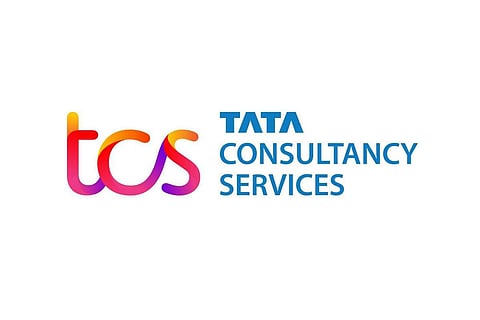

BENGALURU: The country’s largest IT services company Tata Consultancy Services (TCS) has been reportedly hit by ‘bribes-for-jobs’ scandal, and now the Nascent Information Technology Employee Senate (NITES) has written to the Ministry of Labour asking them to take swift action and conduct a probe into the bribery scandal at TCS.
Harpreet Singh Saluja, president, NITES, said, “Recent revelations of a bribes-for-jobs scandal involving `100 crore in TCS have had severe implications for existing and future staff, as well as the economy and the IT sector as a whole.” According to reports, four executives from the Resource Management Group of the company have been sacked and the company blacklisted three staffing firms as it is alleged that the firms were involved in bribing senior executives who were overseeing recruitment processes.
TCS did not respond to TNIE queries regarding the scam and firing of four executives. Meanwhile, the apex body of the staffing industry, Indian Staffing Federation said that it has a stringent code of conduct for members.
In a BSE filing, TCS said, the recruitment activities in TCS are not handled by Resource Management Group as alleged, therefore the reference to the alleged scam in recruitment process is incorrect. “RMG is responsible for allocation of available resources to various projects and in case of any shortfall, fill such requirements through contractors,” it said.
“By adhering to the code of conduct, ISF members are working towards creating formal employment for millions and ensuring the government receives the dues. It urged stakeholders to consider engaging staffing companies that prioritise ethical employment practices and regulatory compliance.
When asked about the scam, Kamal Karanth, co-founder, Xpheno, a staffing firm, told TNIE that kickbacks are an unfortunate reality of high-value and high-volume purchase of services and goods across many sectors. “This unethical practice is driven largely due to buyers and sellers choosing the fastest route with the least resistance. This practice flourishes the most in supplier ecosystems that are highly fragmented and fast-paced. Budgeting for kickbacks as part of costing in high-value procurement deals is a known occurrence in many industries,” he said.